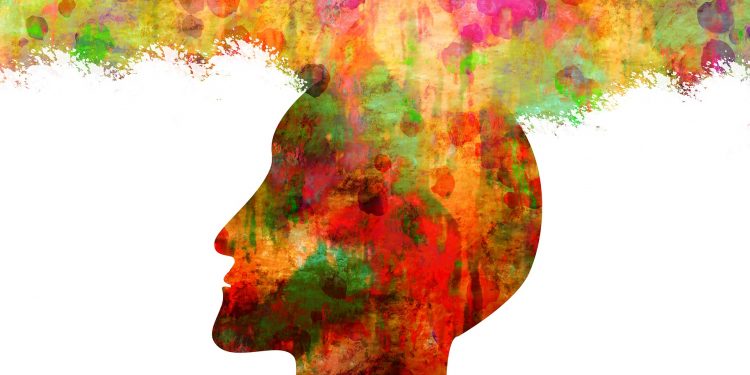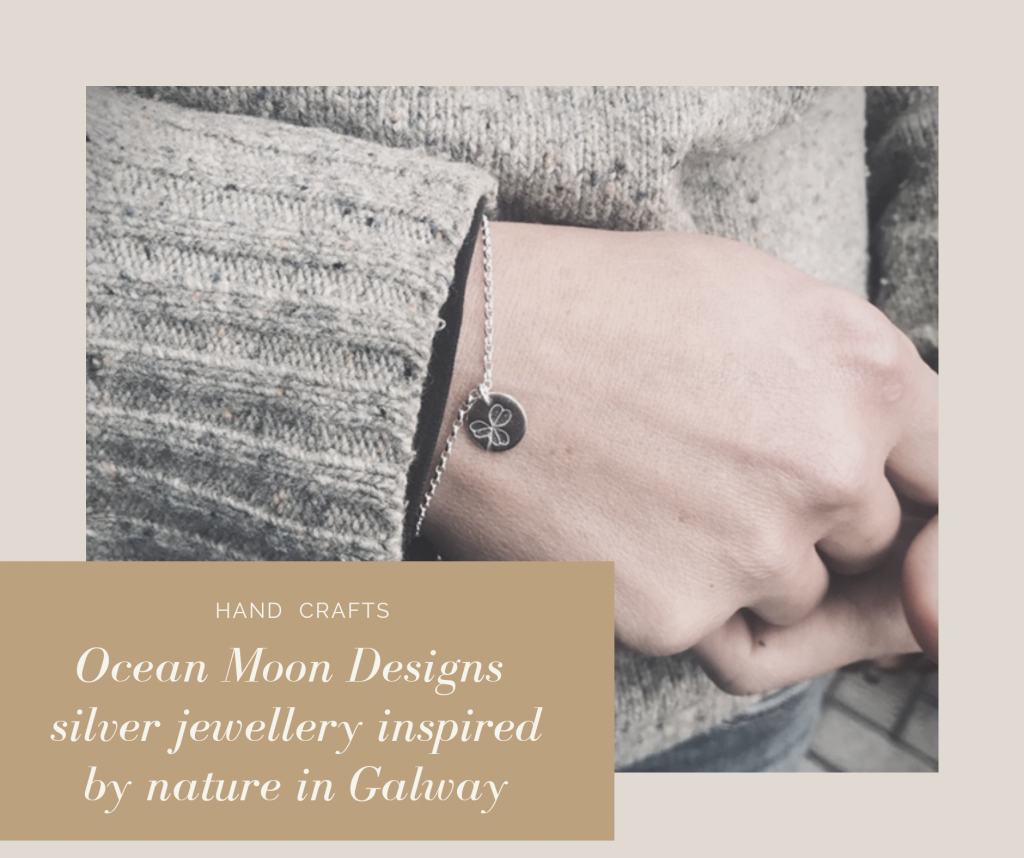The cool ocean breeze sweeps across your skin. Moist, salty air wraps around you, eliciting a sense of mental stillness that cradles you as you walk along the coastal pathway. Noticing the sensations around you is just one aspect of a cultivated technique sometimes otherwise known as mindfulness. The practice of mindfulness contributes to the values of multiculturalism and we can show you how.
Defining and Practicing Mindfulness
Cambridge Dictionary, published by Cambridge University Press, defines mindfulness as “the practice of being aware of your body, mind, and feelings in the present moment, thought to create a feeling of calm.”
To begin, let’s explore our preconceived thoughts on mindfulness. What does it mean to you? And how do you use mindfulness to understand and process the world around you?
Often, we spend our day thoughtlessly moving from one task to the next. It’s why we sometimes don’t specifically remember executing daily tasks such as brushing our teeth or fastening our seatbelts. We’re so accustomed to performing these day-to-day tasks that we, according to a 2010 study published by the American Association for the Advancement of Science, mentally “check out” or engage in “mind wandering” about half of the time.
Conversely, engaging in mindfulness means being wholly present in the current moment rather than imagining the future or revisiting the past. Below are some practical tips to promote mindfulness and wellbeing:
Use your Five Primary Senses
Slow your mind enough to marvel at the simple, but incredible beauty that ever surrounds us.
- What do you see? A misty sky, sweeping green pastures, a quiet, twisting road?
- Hear? Waves softly crashing to the shore, a bird melodiously singing, the whir of traffic noise?
- Smell? Salty ocean air, the sweet scent of a blooming butterfly bush?
- Taste? Perfectly steeped black tea or coffee that’s been brewed exactly to your liking, a scrumptious biscuit?
- Touch? What are you holding in your hands? Feel the warmth of the mug and the way your fingers curve around the smooth handle. What is touching the soles of your feet – sand, grass, shoes?
Deliberately utilize your sight, hearing, smell, taste, and touch to more thoroughly engage in the world around you.
Thought Naming
This can be as simple as telling yourself “I’m feeling joyful,” or “I feel sad when I read this chapter of the book.” Don’t just feel your feelings;
- Identify what you’re feeling by naming the emotion.
- Being self-aware plays a large role in maintaining healthy mental wellbeing.
- Extending beyond that, self-awareness often leads to developing and honing empathy, which is the ability to share and understand the feelings of another.
When you commit to demonstrating empathy, you embrace multiculturalism, “the belief that different cultures within a society should all be given importance.”

Prioritize Time to “Sit” with your Thoughts
Dedicate some time every day to intentionally observe your thoughts. For some, this looks like meditating; For others, it looks similar to a breathing exercise. Start with just five minutes a day, and increase if and when it feels right to you.
Why Connect Mindfulness and Multiculturalism?
Here at Outside Multicultural Magazine, “We welcome people coming from outside. That is, people who dared to step outside of their home, their comfort zone and their country. Above all, we welcome anyone who thinks outside of the box and supports multiculturalism.” Connecting the two ideas, then comes naturally to us. Here, we’re empathetic, always seeking to understand the viewpoint of another, and we love when people are more cognizant of who and what is around them. When you incorporate into your every day the discipline of mindfulness and self-awareness, you become more rooted in the belief that every perspective matters and has value.
Sources:
https://dictionary.cambridge.org/us/dictionary/english/mindfulness (23/06/2020)
https://dictionary.cambridge.org/us/dictionary/english/multiculturalism (23/06/2020)
https://science.sciencemag.org/content/330/6006/932 (25/06/2020)
https://www.visiblebody.com/learn/nervous/five-senses (25/06/2020)
About the Author

Erika McDannell is a lifelong learner, always striving to expand her knowledge and experiences through travel, education, and interaction with those around her.
She’s the founder and owner of Joyet Media, a company dedicated to helping health and wellness professionals produce written marketing material to educate, inspire, and offer hope to those searching for whole health wellness. When she’s not working, Erika enjoys hiking, kayaking, cycling, and gazing up in awe at the night sky.





